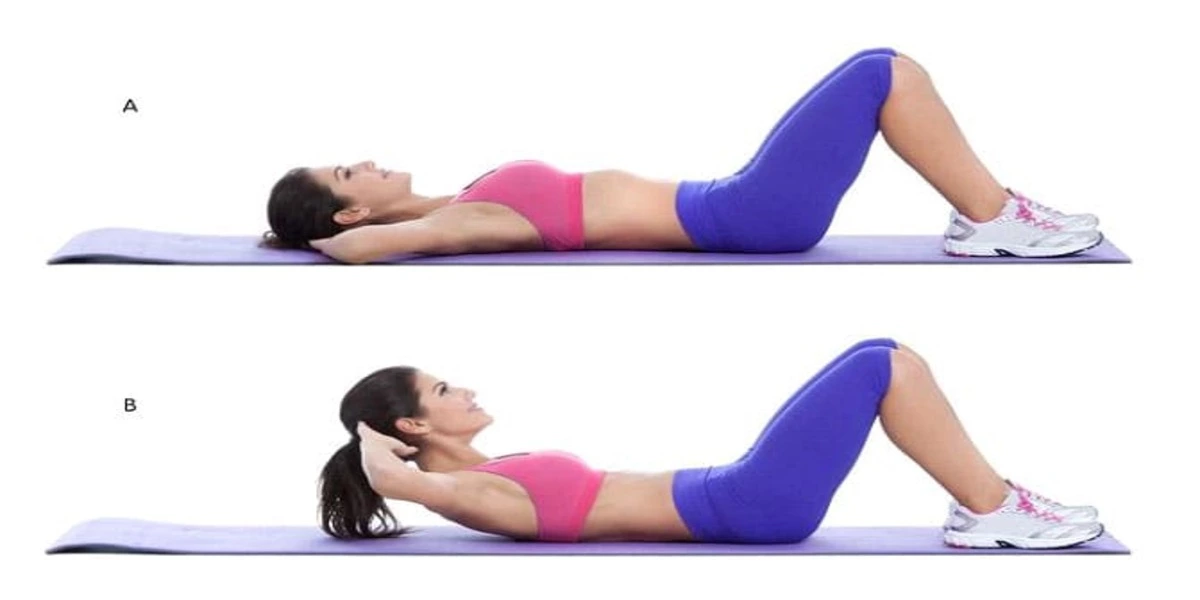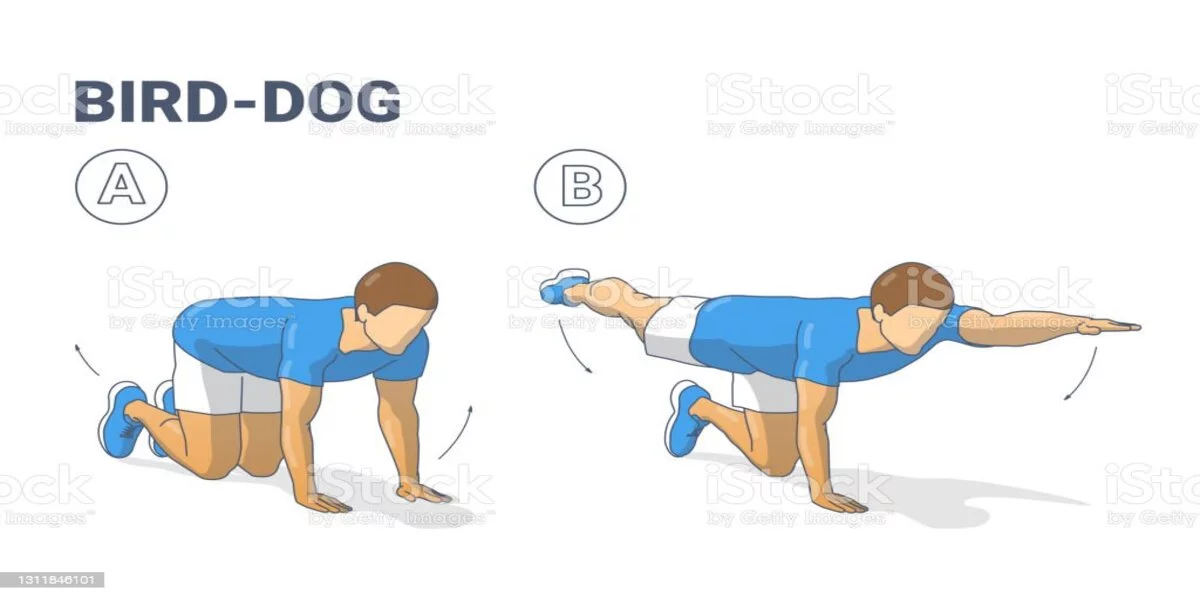[ez-toc]
Introduction
Chronic back pain is a prevalent condition that affects millions of people worldwide. For individuals dealing with this persistent discomfort, finding relief can be challenging.
However, targeted exercises can play a crucial role in strengthening the back muscles and providing much-needed support to alleviate pain.
In this article, we will explore safe and effective exercises specifically designed for patients with chronic back pain.
Understanding Chronic Back Pain
Chronic back pain refers to discomfort or pain that persists for more than three months. It can result from various factors such as muscle strain, poor posture, herniated discs, or underlying medical conditions.
Also Read: 7 Best Exercises for Anxiety Management: Techniques to Reduce Stress
People experiencing chronic back pain often struggle with mobility and may find it challenging to engage in regular physical activities.
Benefits of Exercise for Chronic Back Pain
While it might seem counterintuitive, exercise is often recommended as part of a comprehensive treatment plan for chronic back pain.
Safe and targeted exercises can provide the following benefits:
- Strengthening Back Muscles
Engaging in specific back-strengthening exercises helps build muscle endurance and support the spine, reducing the strain on the affected areas.
- Improving Flexibility
Regular stretching exercises can increase flexibility and reduce stiffness in the back, promoting a better range of motion.
- Enhancing Posture
Certain exercises focus on improving posture, which, in turn, reduces stress on the back and promotes proper spinal alignment.
- Promoting Circulation
Exercise encourages better blood flow to the back and surrounding tissues, aiding in the healing process.
Safe Exercises for Chronic Back Pain
When dealing with chronic back pain, it is essential to approach exercise with caution and choose activities that are gentle on the back.
Here are some safe and effective exercises:
- Pelvic Tilt

Lie on your back with your knees bent and feet flat on the floor. Gently arch your back and push your lower back into the floor, then tilt your pelvis upward. Hold for a few seconds and release. Repeat 10-15 times.
- Partial Crunches

Lie on your back with your knees bent and feet flat on the floor. Cross your arms over your chest and curl your shoulders off the floor, keeping your lower back pressed into the mat. Lower back down and repeat for 15-20 repetitions.
- Bird Dog

Start on all fours, with your hands directly under your shoulders and knees under your hips. Extend your right arm forward and left leg backward, maintaining a straight line from your hand to your heel. Hold for a few seconds and switch sides. Do 10 repetitions on each side.
- Cat-Cow Stretch

Begin on all fours, and then arch your back up like a cat, tucking your chin to your chest. Next, drop your belly towards the floor, lifting your head and tailbone. Repeat the movement 10-15 times.
- Wall Sits

Stand with your back against a wall and slide down into a sitting position, as if sitting on an imaginary chair. Hold the position for 20-30 seconds and repeat 5 times.
Precautions and Safety Measures
While these exercises are generally safe for patients with chronic back pain, it is essential to observe the following precautions:
- Avoid Overexertion: Start with gentle movements and gradually increase the intensity to avoid straining the back muscles.
- Consult a Healthcare Professional: Before starting any exercise program, consult with a healthcare provider or physical therapist to ensure the chosen exercises are suitable for your specific condition.
- Listen to Your Body: If any exercise causes increased pain or discomfort, stop immediately and seek guidance from a professional.
Conclusion
Incorporating safe and targeted exercises into the daily routine can significantly benefit individuals dealing with chronic back pain.
Strengthening the back muscles, improving flexibility, enhancing posture, and promoting circulation are key elements in managing and alleviating back pain.
Remember to approach exercise with caution, seek professional advice, and listen to your body to ensure a safe and effective workout routine.






